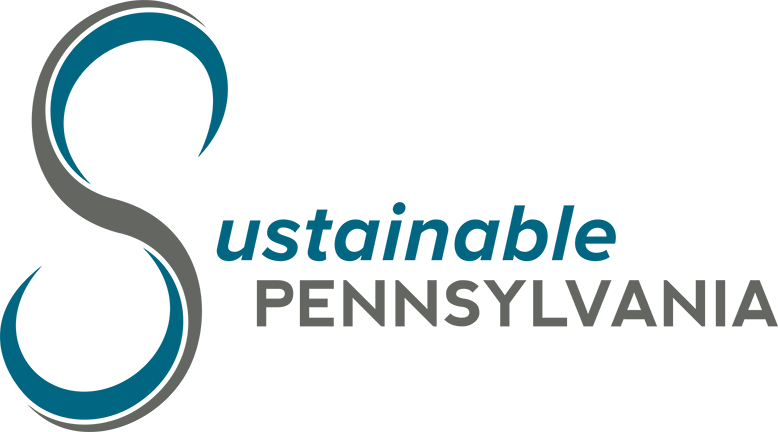Description:
Reducing its greenhouse gas emissions is one of the most direct ways a municipality can improve its sustainability. With positive environmental, public health, and economic impacts associated with the activities required to reduce greenhouse gas emissions, communities stand to benefit in multi-faceted ways from addressing this issue.
- Gathering Baseline Emissions Data – In order to track and reduce emissions, the community must first understand its baseline emissions through a community greenhouse gas inventory measuring emissions from sources including residential and commercial properties, industrial facilities, transportation, waste, and other emitters.
- Engaging the Community in Emissions Reduction Planning – Once baseline emissions data have been gathered, municipal leaders should meet with community members to discuss the findings and the impact of emissions and climate change on the community, with special attention given to the most vulnerable local people, structures, and systems potentially impacted by inaction on this issue.
- Action Impact (vs. Business-as-Usual) Modeling – Municipal leaders should make use of an emission reduction modeling tool (such as ICLEI’s ClearPath tool) to help evaluate potential strategies for greenhouse gas mitigation and related co-benefits. These results can help the community prioritize strategies based on the overall potential cost/benefits of each action.
- Developing an Emissions Reduction Plan – By developing a prioritized plan to reduce emissions through strategic policy changes, programs, projects, and other actions, municipalities can effectively make progress on greenhouse gas emissions reduction goals.
- Tracking and Evaluating Progress – Municipalities should track available emissions data to understand their progress and adjust their strategies accordingly to ensure the plan allows for flexibility as changes in technology, policy, and other circumstances affect the local greenhouse gas mitigation context.
